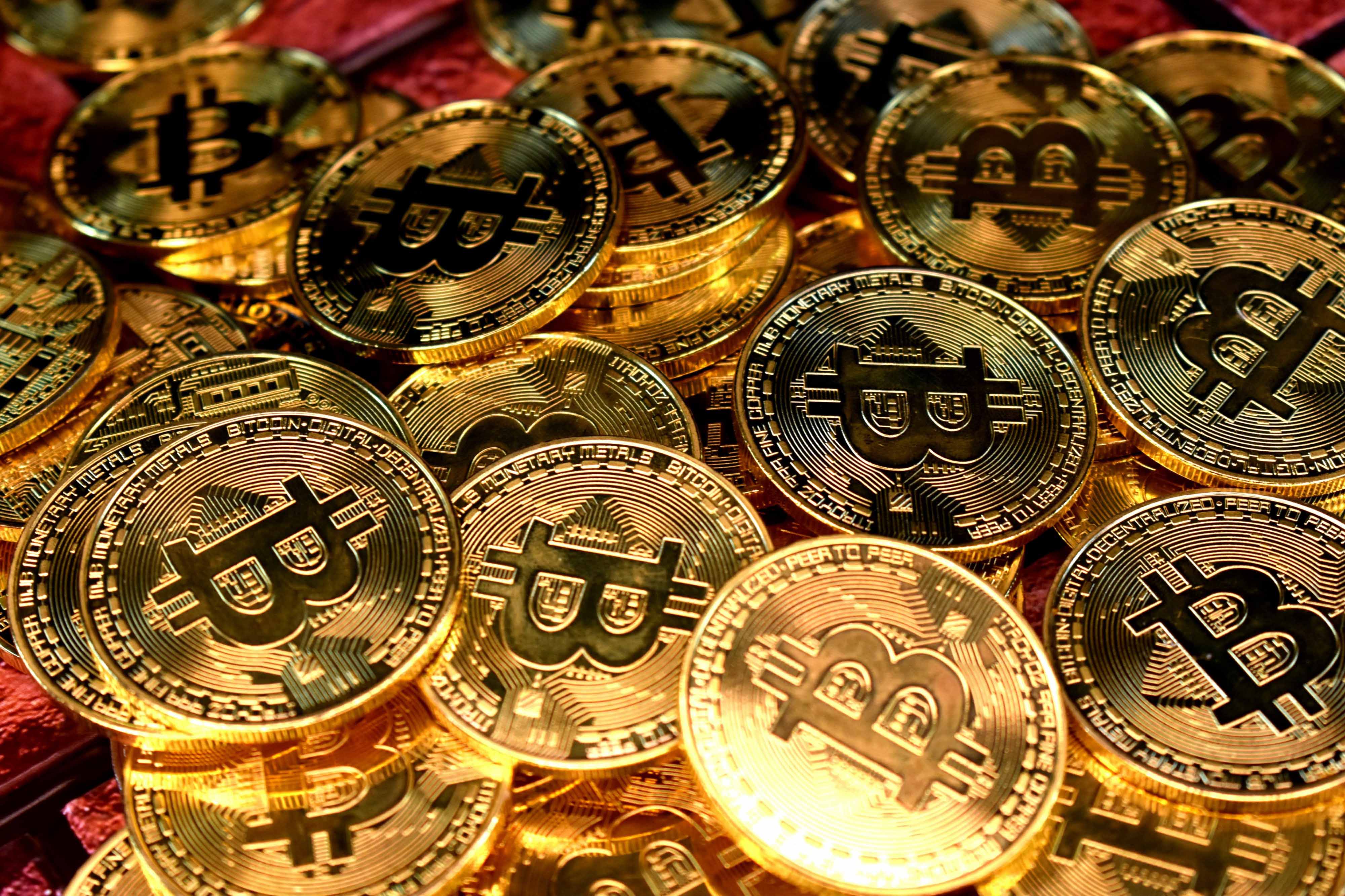
Ever since it emerged that the Union Government will introduce a Bill to regulate cryptocurrency, there have been debates and discussions about the proposed law. What are bitcoins and cryptocurrency and what could be the salient features of the Bill, explains Anil Manocha
Recently a Parliamentary bulletin listing upcoming legislation included one paragraph on “The Cryptocurrency and Regulation of Official Digital Currency Bill, 2021”. It further read, “To create a facilitative framework for creation of the official digital currency to be issued by the Reserve Bank of India.”
The Parliamentary bulletin added, “The Bill also seeks to prohibit all private cryptocurrencies in India, however, it allows for certain exceptions to promote the underlying technology of cryptocurrency and its uses.” While this broadly hints about the proposed legislation that private cryptocurrencies might be prohibited but those regulated by the government would continue. To understand the proposed law, let us first understand what cryptocurrency is?
Cryptocurrency explained
Cryptocurrency is crypto or a collection of data to be used as a medium of exchange where individual records are stored and saved in a digital ledger. It is a digital data base to secure transaction records, to control the creation of additional coins, and to verify the transfer of coin ownership. As at present, India has 15 cryptocurrency exchange platforms, including CoinSwitch Kuber, Zebpay, WazirX, UnoCoin and CoinDCX.
Crytocurrencies are only backed by tokens issued as collateral. In return, investors get authority over the token in proportion to the amount they put in. Cryptocurrency does not exist in physical form (like paper money) and is typically not issued by a central authority. This the reason that Cryptocurrencies typically use decentralized control as opposed to Central Bank control. The cryptocurrencies work through blockchain or distributed ledged technology. This is the reason, there is animated Bitcoin, the first released as open-source software in 2009, is the first decentralized cryptocurrency. To explain clearly, unlike fiat currencies, they are not state-controlled.
Panic selling
The proposed legislation to ban private cryptocurrencies in the country, as expected, has led to panic selling by individual holders with a discount of up to 25%. It may be recalled that the market had boomed since the Supreme Court overturned a previous ban last year. The market had grown by more than 600 per cent over the past 12 months according to research by Chainalysis. Between 15 and 20 million people in Asia’s third-largest economy are estimated to own cryptocurrencies, according to industry body the Blockchain and Crypto Assets Council. Though there is no official data available on cyrptocurrency holdings and the user base, industry estimates suggest there are 1.5 crore to 2 crore investors in India. Private firm BrokerChooser had recently put the user base count at over 10 crore. The crypto investments in the country are said to have increased from Rs 6,876 crore in April last year to a whopping over Rs 40,000 crore this year.
On November 24, the prices of the world’s biggest crypto asset, bitcoin, crashed to as low of Rs 33,50,000 on WazirX from the high of Rs 46,35,371 after government announced to bring a bill in winter session of Parliament. The coin was trading at around Rs 37,80,000 a day before in India compared with $56,638.67 or Rs 42,15,928 in global markets, as per Coingecko, a digital currency price and information data platform. Even, tether, which is a stable-coin pegged 1:1 to the US dollar, was trading at a discount of up to 25% in India. Other prominent coins such as ether, Shiba Inu and dogecoin were also up to 20% in the red.
The panic selling triggered with news that the draft bill aims to ensure strict regulation. This would mean that investors used to buy and sell the tokens freely would find themselves under greater scrutiny. Also, the government might also stipulate a minimum amount for investments in digital currencies, while banning their use as legal tender. If that becomes a reality, the markets are sure to go in a tizzy because of the fear of such exchanges becoming illegal.
What the ban would mean?
However, a complete ban looks unlikely in view of the paragraph of the bulletin. The most likely scenario is that the government seeks to ban all private cryptocurrencies in the upcoming Crypto bill 2021. Experts say that the Cryptocurrency and Regulation of Official Digital Currency Bill, 2021 seeks to prohibit all private cryptocurrencies in India in the Winter Session of Parliament starting November 29. It, will, however, allow for certain exceptions to promote the underlying technology of cryptocurrency and its usage. But one thing seems certain that the government will allow only certain cryptocurrencies to promote the underlying technology and its uses. The Bill, when passed, will effectively ban citizens in India from transacting in most cryptocurrencies.
A major point which will need to be seen in the proposed bill is how are crypto platforms going to be permitted to produce goods, services and assets using the versatile technology of blockchain and cryptography. Do we need the crypto law to be flexible enough for Blockchain projects to flourish. What would be the tax on crypto assets? There are questions galore.
PM Modi’s take on cryptocurrencies

At one point of time, the Prime Minister Narendra Modi had said that all democratic countries need to work together on cryptocurrency and ensure that it does not end up in the wrong hands. He had felt that cryptocurrencies could “spoil our youth” and the central bank has repeatedly warned they could pose “serious concerns on macroeconomic and financial stability”. After this, the Parliamentary Standing Committee had also called for the regulation on cryptocurrencies and its ecosystem.
Experts say that the objective of the Crypto bill is “to create a facilitative framework for the creation of the official digital currency to be issued by the Reserve Bank of India”. They say that law is necessary and need of the hour because already the delay in bringing a law has given an opportunity to certain exchanges to create a parallel empire of cryptocurrency putting individual investors at risk. Till now, the details of the planned legislation remain unclear, leaving cryptocurrency investors in confusion. This confusion led to fear and many investors offloaded their stakes and looked for exit positions despite the losses. In fact, most exchanges were facing deposit and withdrawal problems due to the high volume of selling.
In the meantime, a few exchanges have reportedly welcomed the move to regulate cryptocurrency, claiming that it would pave the way for transparency and accountability in the industry. They also demanded that the government should protect the interests of the large number of crypto investors in the country while simultaneously promoting the underlying technology of cryptocurrency.












